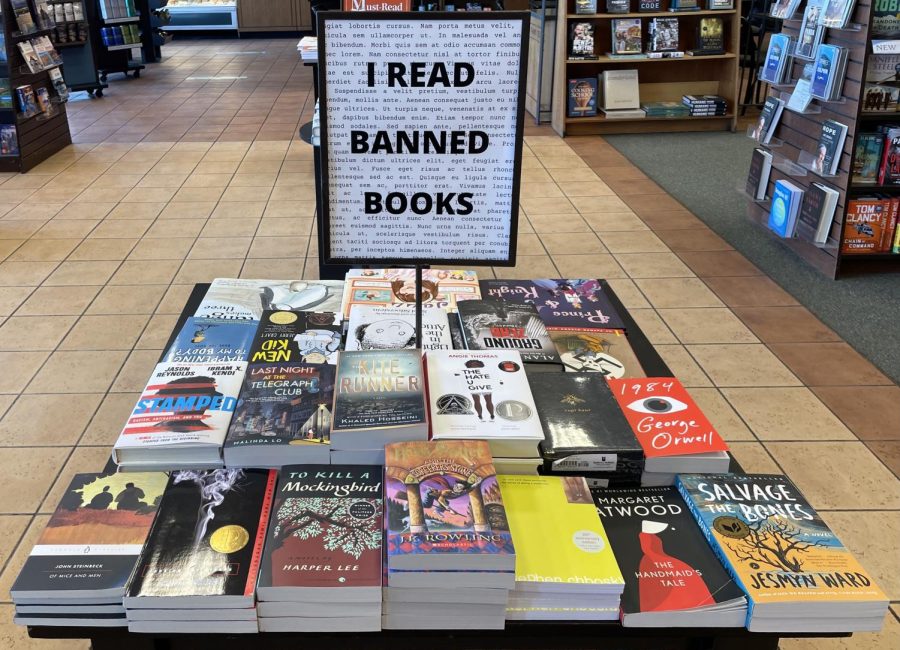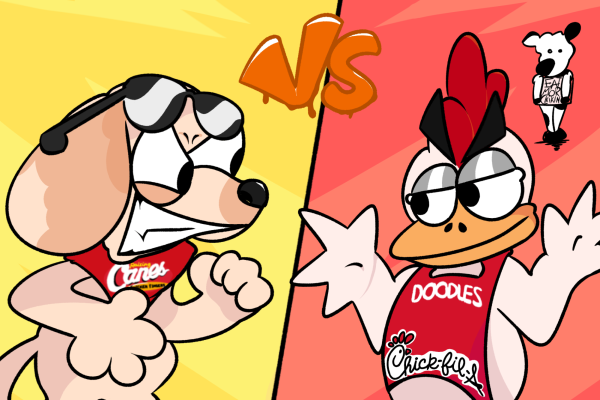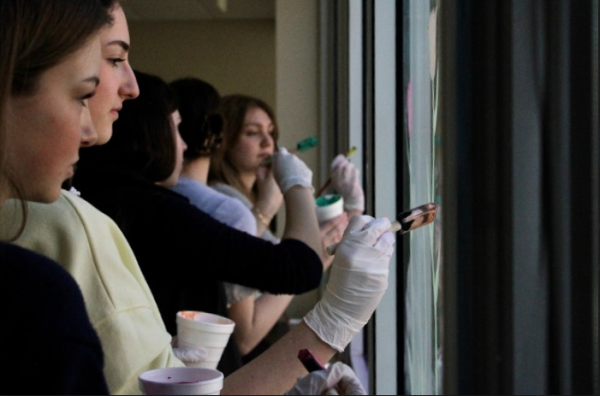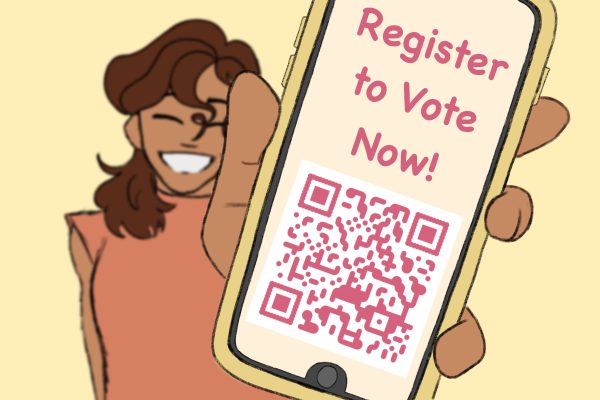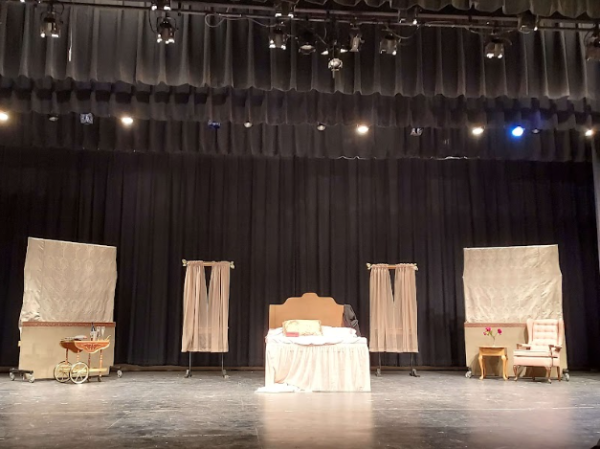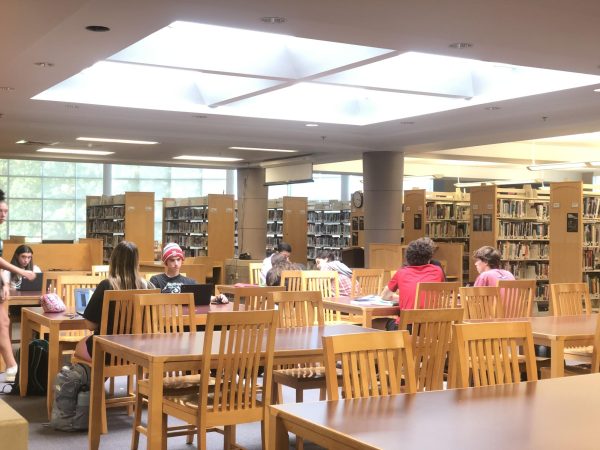Book banning resurfaces in some communities
Earlier this year Tennessee banned Maus, a children’s graphic novel on the Holocaust because of perceived excessive violence.
“Banning a book like Maus is not justified because a large portion of WWII is what the Germans did. That doesn’t mean that the book is meant to attack current Germans, but if it’s just talking about what happened, it should not be banned,” said freshman Sophia Jordan.
Other students said it seems wrong for schools to ban books.
“Everyone should be able to read what they want to. Banning books is wrong because people should be able to decide what they can and can’t read,” said junior Zoe Hunt.
Some Mountaineers said that teachers choosing content for their courses doesn’t feel like censorship.
“A teacher should be able to choose what students are reading in their class,” said freshman Anna Berger. “But that doesn’t mean that schools should ban books.”
Some students said they believe that banning certain books that could be regarded as too mature for children can be justified.
“When banning books, I think it is more okay with younger grades and ages because if a teacher thinks a topic is more mature for a young student, it might be a good idea to prevent them from reading it,” said freshman Sara Jaslowich.
Many students said they did not consider it justified for schools to ban books in order to prevent a writer from sharing their opinions and experiences.
“I think it is not good to stifle opinions when banning books,” said freshman Julia Jaslowich.
Sarah Jaslowich agreed.
“I know books are banned for having anti-racism or pro LGBTQIA+, but I don’t think they should ban that sort of thing,” said Jaslowich.
Jordan agreed.
“I think books shouldn’t promote sexual assault, harassment, or topics like that. However, you shouldn’t ban the victim’s perspective of these events,” said Jordan.
Banning books can have a negative impact on minorities who use literature to share their experiences.
“Banning books is not okay when used against minorities,” said freshman Matthew Lyubchik.
Often, public libraries and school libraries follow different criteria for placing books on their shelves.
“School librarians need to make their own decisions based on the students,” said Kayla Casiello, Assistant Children’s Librarian at Holden Gale Free Public Library. “A public library might have books with content that does not belong in a school library, especially if that library has a variety of grades and ages in it.”
Some public libraries, while not banning books, do provide information on the spines of books.
“The [Holden] library puts stickers on books to indicate their genre, and it was debated whether the library should put a trigger warning sticker on books,” said Casiello. “But we decided not to, because people should be able to decide for themselves what they should and should not read. It would also not be realistic for the library to do that, because there would have to be a sticker put on many books.”
But some students said that being warned of the content of a book would be helpful.
“I think nothing should be banned, but people can be warned what books contain,” said Jaslowich.
The Holden library has promoted the reading of banned books.
“We have many banned books at the library,” said Casiello. “Every September we put up a banned books week display where we put up some of the most challenged books to raise awareness and promote freedom of speech.”
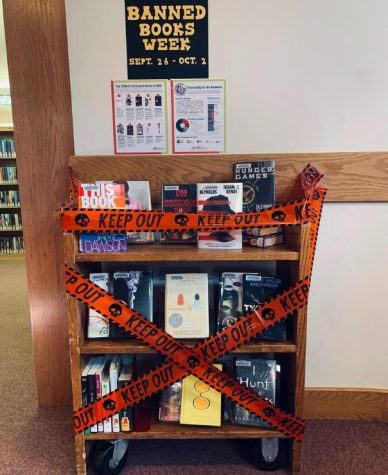
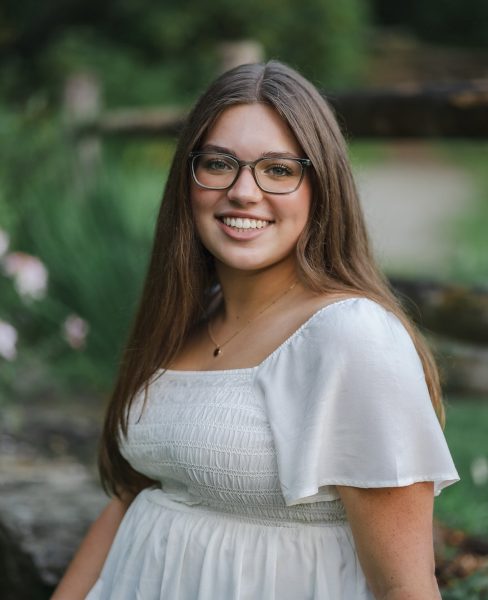
Allison is a senior and has been working with the Echo for four years. She enjoys reading, listening to Taylor Swift, and editing for the Echo.
Amelia Darmanin is currently a freshman from Princeton. She loves to read and write, and spends most of her free time with her nose in a book. Amelia joined...
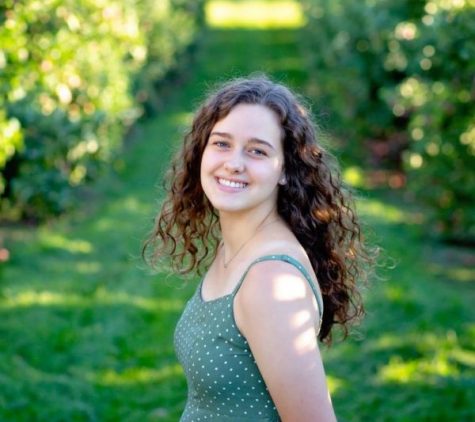
Kyla is a senior and has been a part of the Echo since freshman year. The welcoming environment of the Echo community and school spirit continue to draw...



